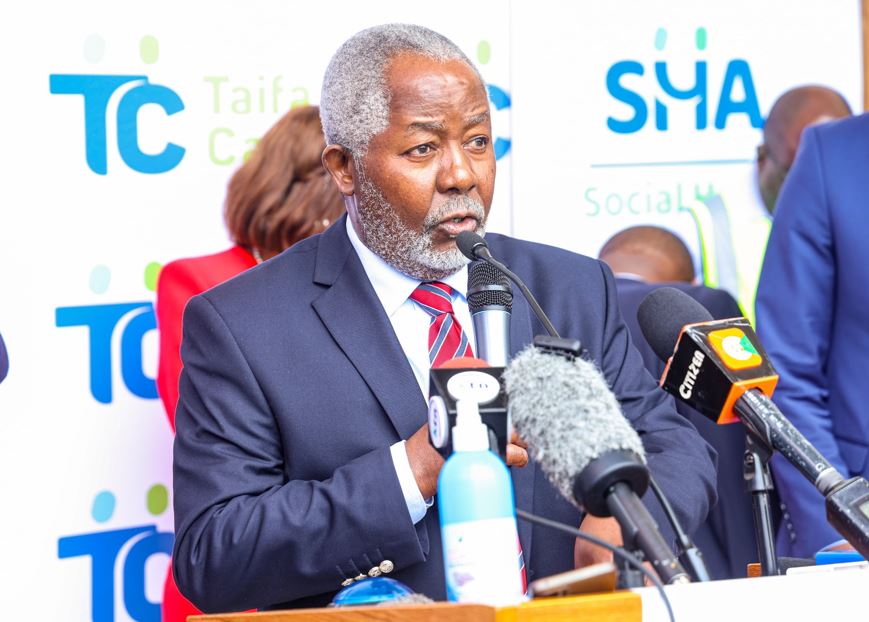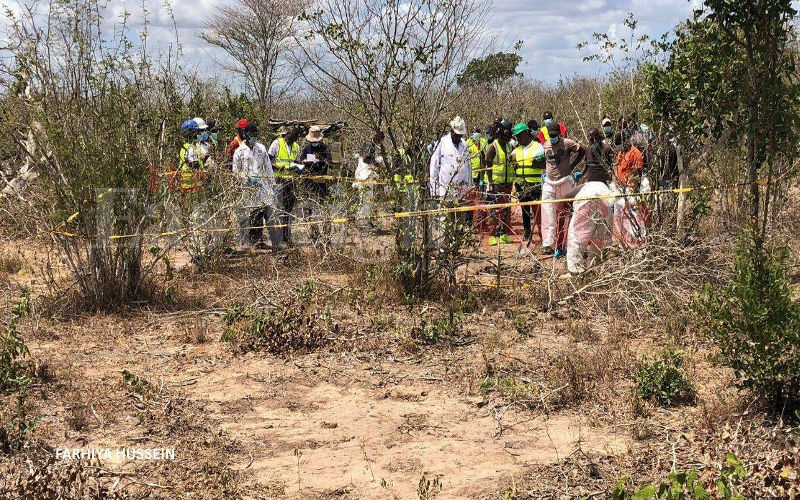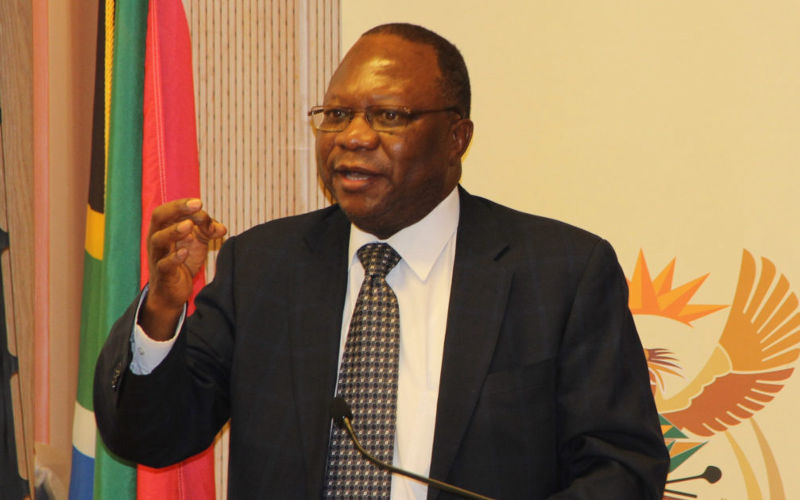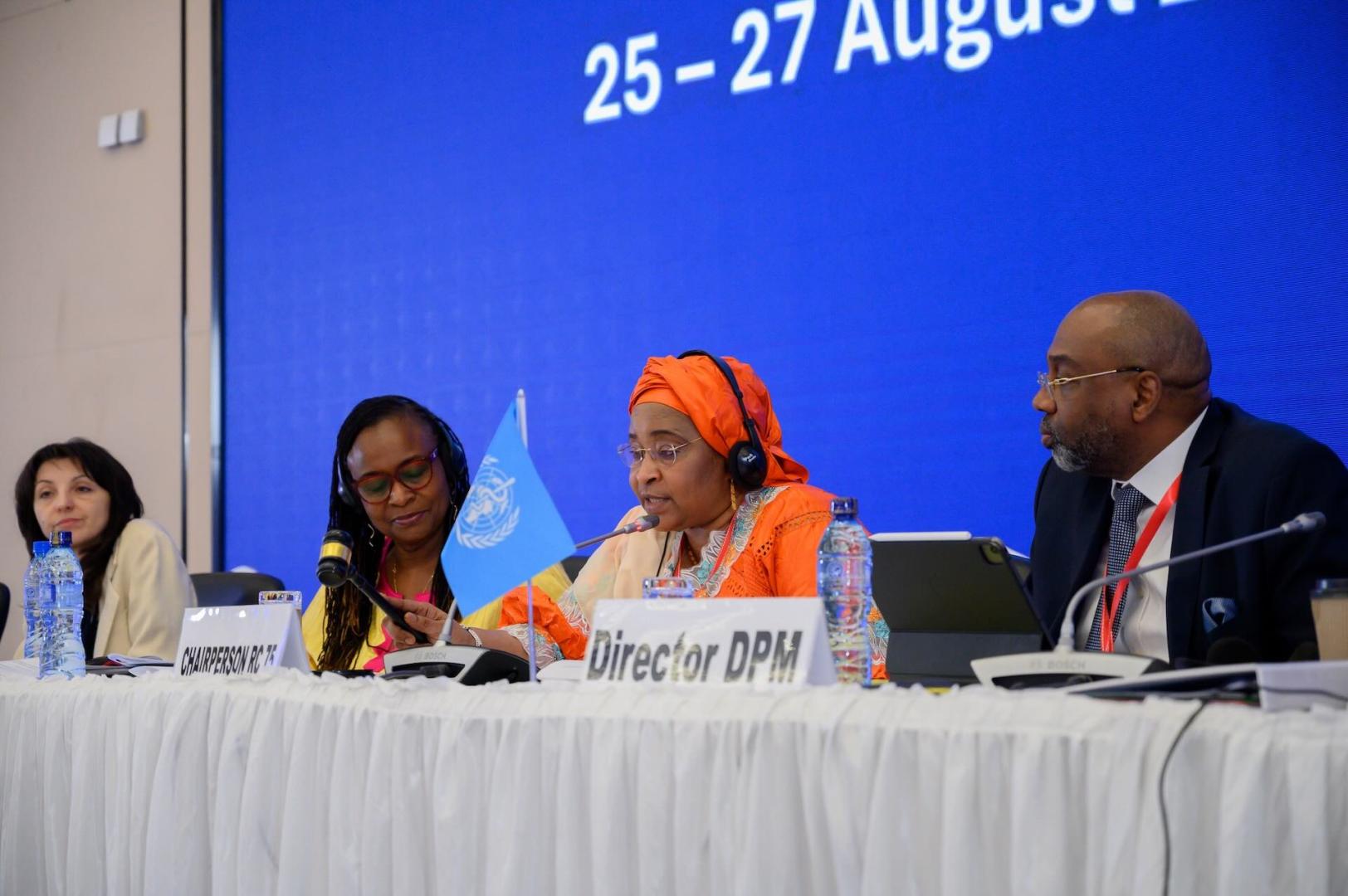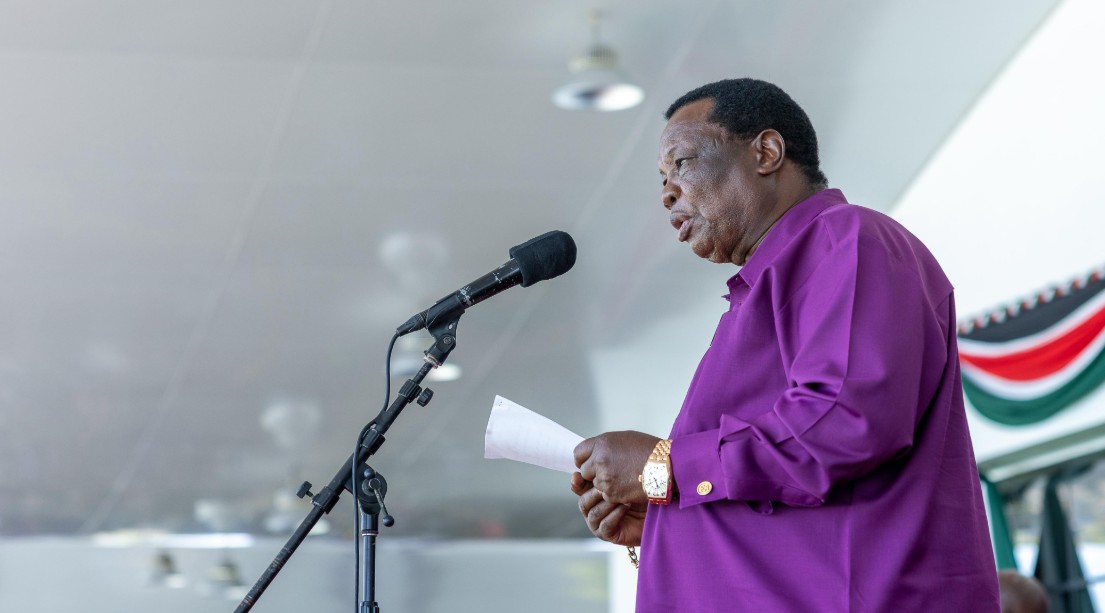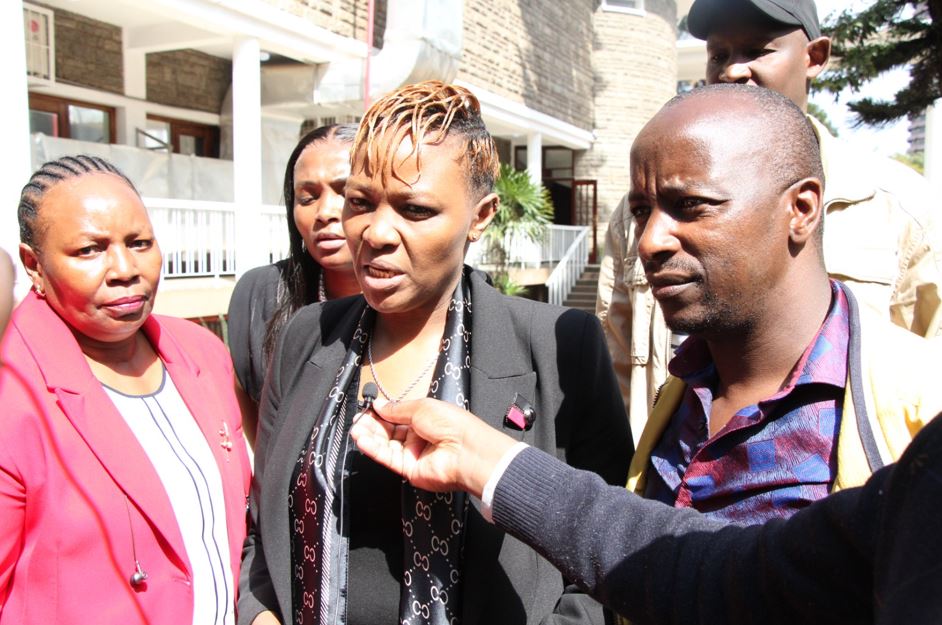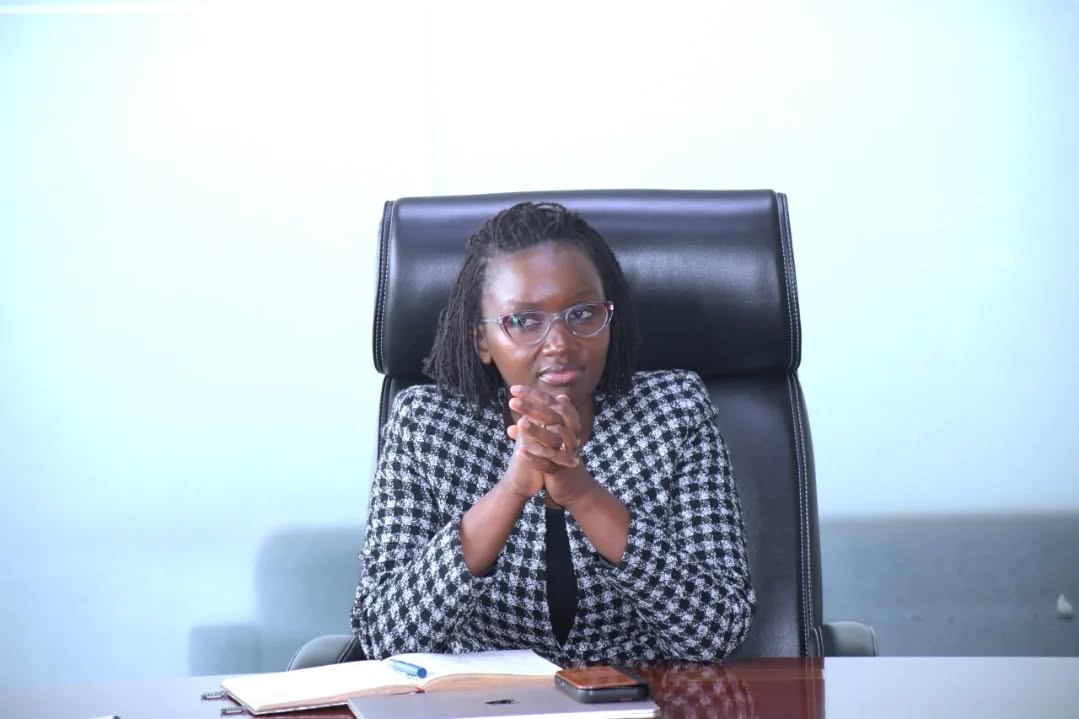High Court dismisses all petitions against Affordable Housing Bill

This paves the way for President William Ruto's government to collect levies for the implementation of the housing project.
The High Court has dismissed all 10 petitions challenging the enactment of the Affordable Housing Bill by parliamentarians, paving the way for President William Ruto's government to collect levies in its implementation.
Justice Mwanaisha Shariff on Monday dismissed a petition Lawrence Omule Apiyo filed on December 15, 2023, and nine others that were consolidated with it for joint hearing and determination.
More To Read
- Kebs on the spot as MPs order withdrawal of disputed levy regulations
- Gachagua unveils 8-point plan to end protests, slams Ruto over housing levy, police brutality
- Governors back Ruto’s plan to use housing levy for building markets, social infrastructure
- COTU denies role in drafting affordable housing regulations, demands proof from PS Hinga
- Government defends housing levy for markets amidst COTU misuse claims
- MPs raise alarm over missing Sh4.2 billion earned from housing levy investments
Apiyo sued the Attorney-General, the Cabinet Secretary for Lands, Public Works, Housing and Urban Settlement, and the National Assembly, to stop public participation in the bill, arguing the time was insufficient.
He argued that the period for the public to submit written submissions for the bill was limited, having been reduced from 14 to three days, and also cited the inadequacy of the methodology adopted for the process.
The petitioner noted that the unusual and unprecedented fast-tracking of the legislation violated the provisions of the Constitution and the sovereignty of the people of Kenya.
The National Assembly published a factsheet on public participation which sets out the methodology to be adopted for effective public participation - creating awareness, involvement, conducting the public meetings, and feedback mechanisms.
But Apiyo argued that the Parliament disregarded the same factsheet "and is out to do a cosmetic public participation in gross violation of constitutionally enshrined rights of the marginalised to participate in the legislation-making process".
The petitioner wanted the court to declare the bill unlawful and unconstitutional for failure to comply with the requirements of the Constitution, arguing the three parties rushed it, without adequate and effective public participation and consideration of the special needs of the marginalised.
Apiyo had asked the court to recall Parliament's invitation for public participation that was issued on December 9, 2023.
Justice Shariff said, however, said the National Assembly could not be faulted for the way it conducted public participation in respect of the bill.
She said she took judicial notice of the fact that public hearings and consultations with stakeholders and experts concluded on January 30, 2024, and that the bill had already undergone a second reading in the National Assembly with a vote being taken in its favour.
"The court finds that the (National Assembly) was effective and constitutionally compliant," she ruled, adding, "This petition is devoid of merit and the same is hereby dismissed".
The court further noted that Lands Principal Secretary Charles Hinga said in his submissions that if the bill is stopped, the national purse would suffer loss of anticipated and budgeted revenues.
Hinga said the resultant effects include stopping ongoing construction, translating into a housing backlog of four million by the end of the current governmen's term.
Once passed, the bill will provide the legal framework allowing the government to deduct levies from workers for the project.
The housing levy was introduced by an amendment to the Finance Act and requires both employers and employees to contribute a non-refundable levy of 1.5 per cent to the National Housing Development Fund.
Top Stories Today
